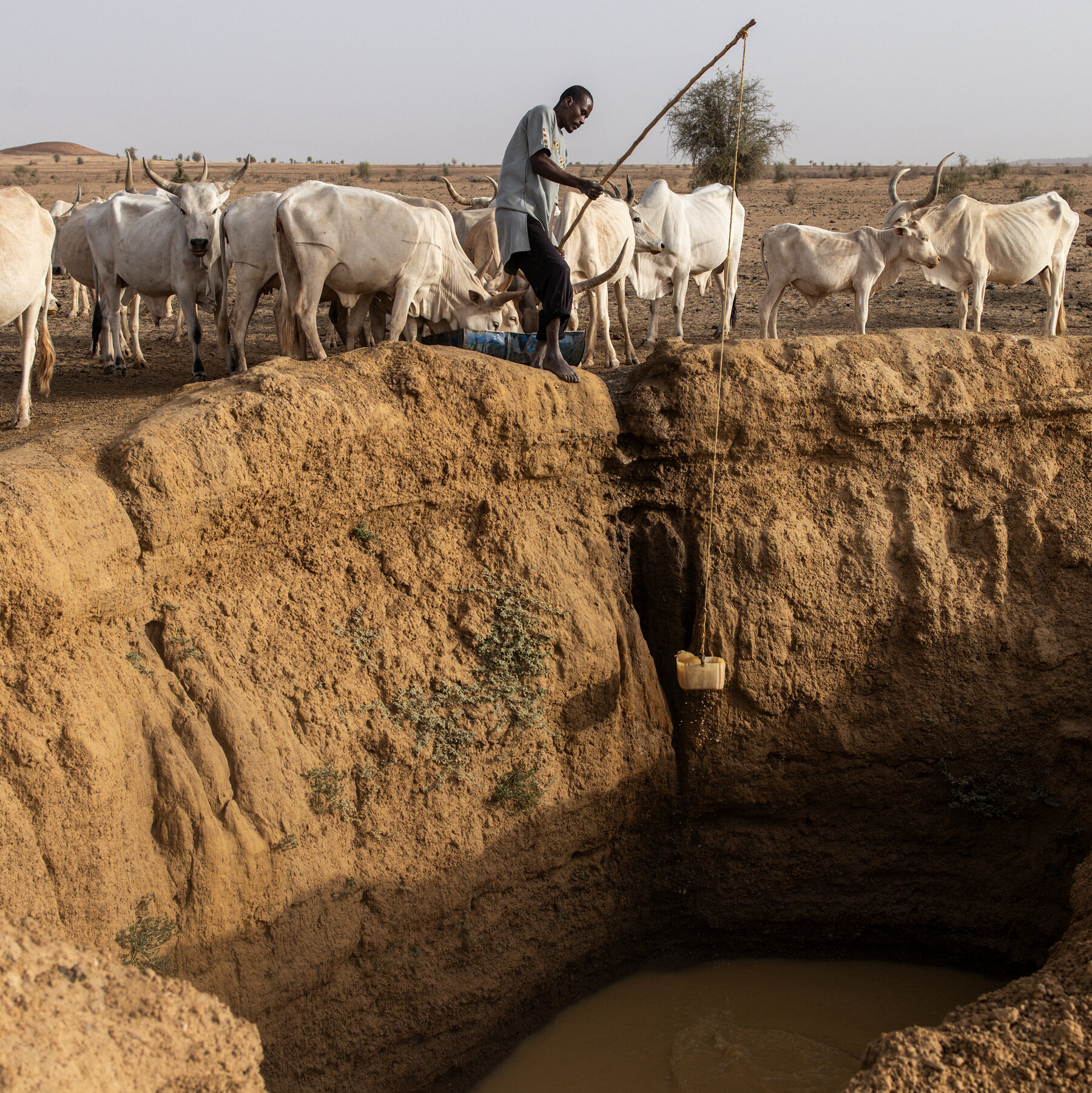Science
Funding for Climate Adaptation Declines, U.N. Report Reveals

A recent report from the United Nations has highlighted a troubling trend: financial support for developing countries to cope with climate-related disasters is on the decline. The findings indicate that commitments made by wealthier nations in 2021 to enhance funding for climate adaptation are unlikely to be fulfilled.
In November 2021, during the COP26 climate summit in Glasgow, rich countries pledged to provide developing nations with $100 billion annually by 2025. This funding was intended to help these nations adapt to the increasing impacts of climate change. However, the U.N. report shows that the actual funding levels are falling short of these commitments.
Sharp Decline in Climate Funding
According to the U.N. report, funding for climate adaptation has decreased significantly, with only about $20 billion allocated in recent years. This figure is far below the expected amounts necessary to support vulnerable nations facing extreme weather events, rising sea levels, and other climate-related challenges. The report emphasizes that without adequate financial backing, many countries may struggle to implement necessary adaptation measures.
The Global Climate Fund, established to assist developing nations, has also seen a reduction in contributions. This decline in financial support raises concerns about the ability of these nations to effectively respond to climate disasters. As the impacts of climate change become more severe, the need for robust support systems is critical.
Consequences for Vulnerable Nations
The consequences of inadequate funding for climate adaptation are dire. Many developing countries rely heavily on external assistance to implement projects aimed at building resilience against climate change. Without sufficient resources, these nations may face increased vulnerability to climate-related disasters, which can lead to significant economic and humanitarian challenges.
The U.N. report calls for urgent action from wealthy nations to meet their commitments and ensure that developing countries receive the necessary support. As climate change continues to affect global stability, prioritizing financial assistance for adaptation efforts is essential for fostering resilience and reducing the impact of climate disasters.
In summary, the U.N.’s findings reveal a critical gap between promises made and actions taken. As the deadline approaches for the $100 billion goal, the international community must work together to ensure that vulnerable nations are not left to face the devastating consequences of climate change alone.
-

 Science2 weeks ago
Science2 weeks agoResearchers Challenge 200-Year-Old Physics Principle with Atomic Engines
-

 Politics2 weeks ago
Politics2 weeks agoNHP Foundation Secures Land for 158 Affordable Apartments in Denver
-

 World4 days ago
World4 days agoBoeing’s Aircraft Production: Assessing Numbers and Challenges
-

 Lifestyle2 weeks ago
Lifestyle2 weeks agoLongtime Friends Face Heartbreak After Loss and Isolation
-

 Entertainment4 days ago
Entertainment4 days agoSyracuse Stage Delivers Lively Adaptation of ‘The 39 Steps’
-

 Science4 days ago
Science4 days agoAI Misidentifies Doritos Bag as Gun, Triggers Police Response
-

 Lifestyle4 days ago
Lifestyle4 days agoRed Bluff High School’s Elli Nolan Named Rotary Student of the Month
-

 Health2 weeks ago
Health2 weeks agoNeuroscientist Advocates for Flag Football Until Age 14
-

 Lifestyle3 days ago
Lifestyle3 days agoTrump’s Push to Censor National Parks Faces Growing Backlash
-

 Business2 weeks ago
Business2 weeks agoSpirit Airlines Cuts Workforce with Furloughs for 365 Pilots
-

 World2 weeks ago
World2 weeks agoGlobal Military Spending: Air Forces Ranked by Budget and Capability
-

 Top Stories5 days ago
Top Stories5 days agoUrgent Search for Suspect Who Exposed Himself to Teen Girl









